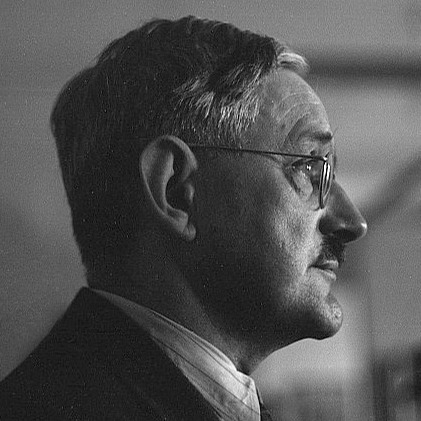
Conrad Felixmüller
Conrad Felixmüller (21 May 1897 – 24 March 1977) was a German painter and printmaker associated with the expressionist movement. He was born in Dresden as Conrad Felix Müller but adopted the name Felixmüller as his artistic alias.
Felixmüller initially attended drawing classes at the Dresden School of Arts and Crafts in 1911-12, before studying under Carl Bantzer at the Dresden Academy of Fine Arts. He served as a medical orderly during World War I and became a founding member of the Expressionistische Arbeitsgemeinschaft Dresden, a Dresden-based Expressionist group. His earliest success came as a printmaker. Felixmüller was also a member of the Communist Party of Germany from 1918 to 1922, and his work frequently appeared in left-wing publications. He was a prolific printmaker throughout his career and produced many woodcuts and drawings.
Felixmüller was one of the youngest members of the New Objectivity movement, and his paintings often portrayed the social realities of Germany's Weimar Republic. He was a close friend of composer Clemens Braun and German expressionist poet Walter Rheiner, both of whom he depicted in his work. Felixmüller's art became more restrained and objective in the mid-1920s. His work was deemed degenerate art by the Nazis in the 1930s, and many of his pieces were destroyed. More of his works were lost in 1944 when his Berlin studio was bombed.
Felixmüller taught at the University of Halle from 1949 to 1962 and passed away in the Berlin suburb of Zehlendorf. One of his watercolors, Couple in a Landscape, was discovered as part of the Munich Art Hoard.
Years:
Born in 1897
Country:
Germany, Dresden
Gallery: